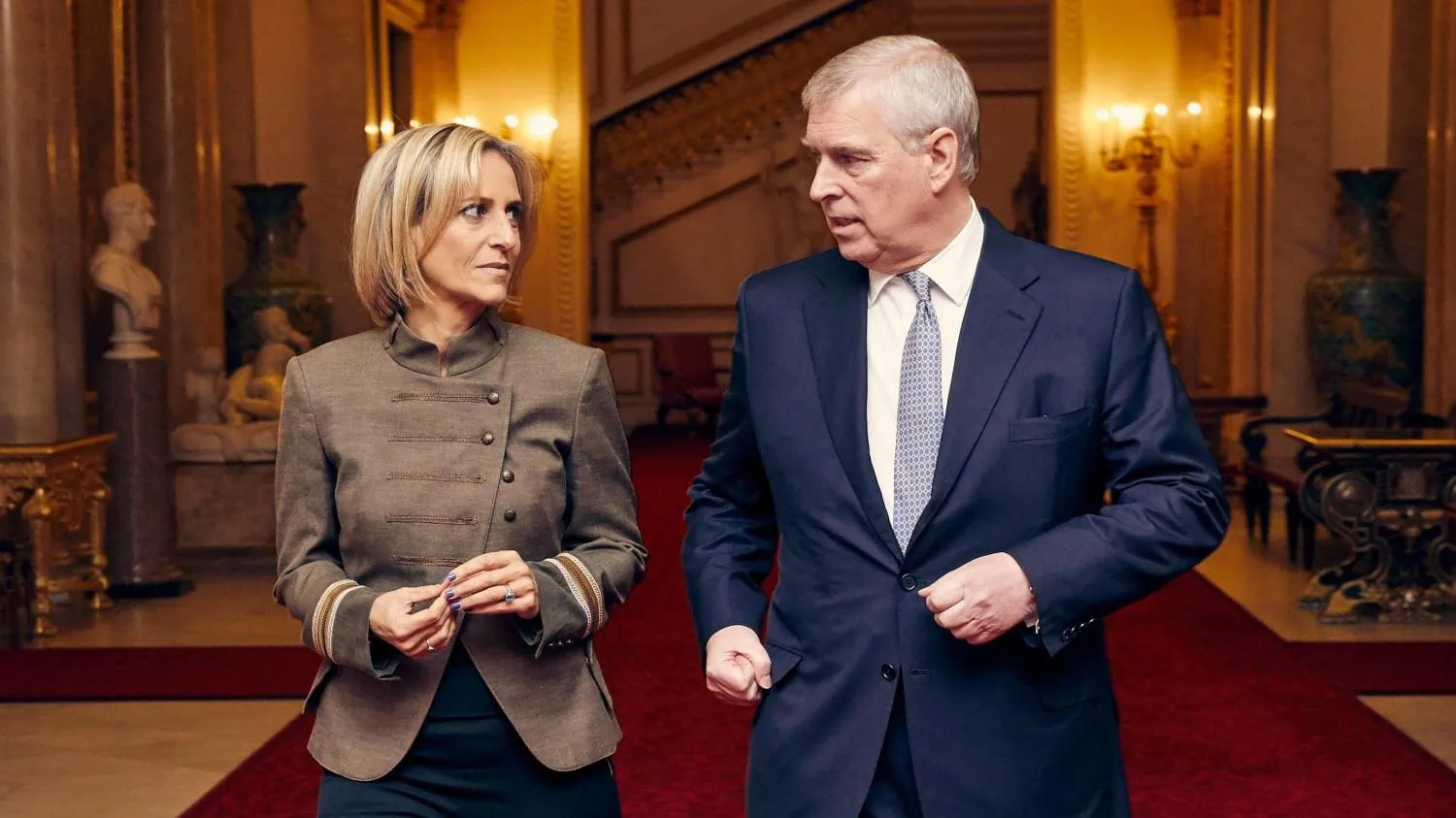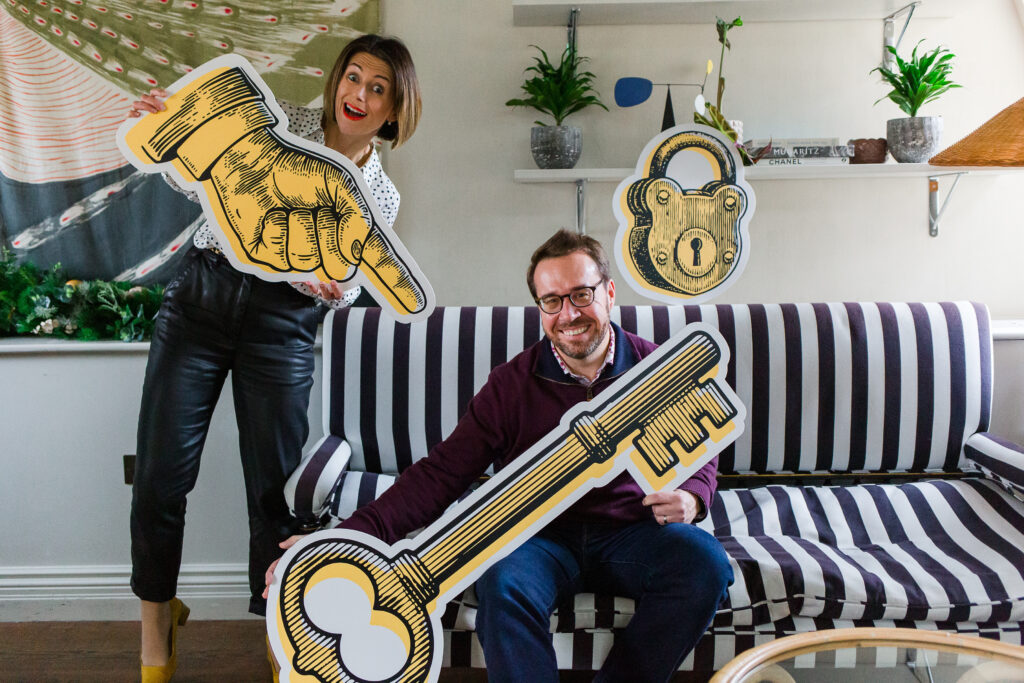
Netflix is about to release a film about THAT Prince Andrew interview by the inimitable journalist, Emily Maitlis.
The news reminded me to rewatch the interview, where the Duke of York talks publicly for the first time about his links to Jeffrey Epstein. Just like when it first aired in 2019, I was overcome with admiration for Emily. Her technical skill as a journalist is obvious. She asks rich, well-researched questions. She remains unbiased, doesn’t “grill” or get caught up in emotion. She lets her subjects reveal their true characters themselves: either they soar or self-destruct.
But what strikes me most about Emily are her leadership qualities. Indeed, the film’s release coincides with the finale of ourlatest leadership project, an eight-month leadership development programme for Wavemaker UK, so leadership themes are top-of-mind at LockSmith right now.
Let’s get stuck into some of the details about Emily’s leadership style and what we can learn from her….
What does award-winning journalist Emily Maitlis teach us about authentic leadership?
Authenticity
Authenticity means staying true to your strengths, values and spirit, despite pressure to act otherwise. Unlike the high-octane, grilling techniques of some of her contemporaries, Emily stands out for her uniquely poised & calm interview style. She achieves this quality by staying true to what she knows she needs: for example, always being well prepared, role playing all possible scenarios and bringing meticulous notes with her live on-air. She says: “I am always impressed by interviewers who can do the whole thing without notes. I can’t. I need reminders on my knee.”
Constructive conflict
Good leadership does not, and should not, be all sunshine & rainbows. The best relationships are rich with (constructive) conflict: “passionate, unfiltered debate around issues of importance” (Patrick Lencioni). If you listen to Emily on the News Agents podcast she co-hosts with Jon Sopel & Lewis Goodall, you’ll know she actively leans into debate. She gracefully hovers over the ideal conflict point on the Lencionis Conflict Continuum , never straying into artificial harmony or personal attached. I love her quote on herd thinking: “If everyone is agreeing about something it normally makes me pretty nervous. Or bored.”
Empathy & understanding
The best leaders excel at building relationships. And the most important ingredient in any good relationship? Empathy. By seeking to understand Prince Andrew & his primary motivations, Emily was able to shape & deliver THE most impactful royal interview of the century. Of this pivotal moment in the interview, Emily says: “This is a man – a prince – who did not come to repent. He came to earn back his right to tell the story his way. Once I understood that, everything else flowed from there. Andrew was unleashed. Unstoppable.”
Sign up to our monthly newsletter

Need help applying insights like these in your business? A
Sign up to The Credible Marketer, our monthly newsletter. As part of our mission to give marketing a more credible voice in business, we translate our favourite pop culture story into an entertaining lesson in marketing and leadership theory and share it with you each month. From consumer understanding to delivering great briefs, from managing conflict to telling great stories, each edition covers the module from our marketing & leadership training courses that will be most useful to where marketers are in the brand planning cycle. Subscribers to our newsletter will also get access to a free tool, template or exercise you can use at work to help you apply the learnings in your business context.

